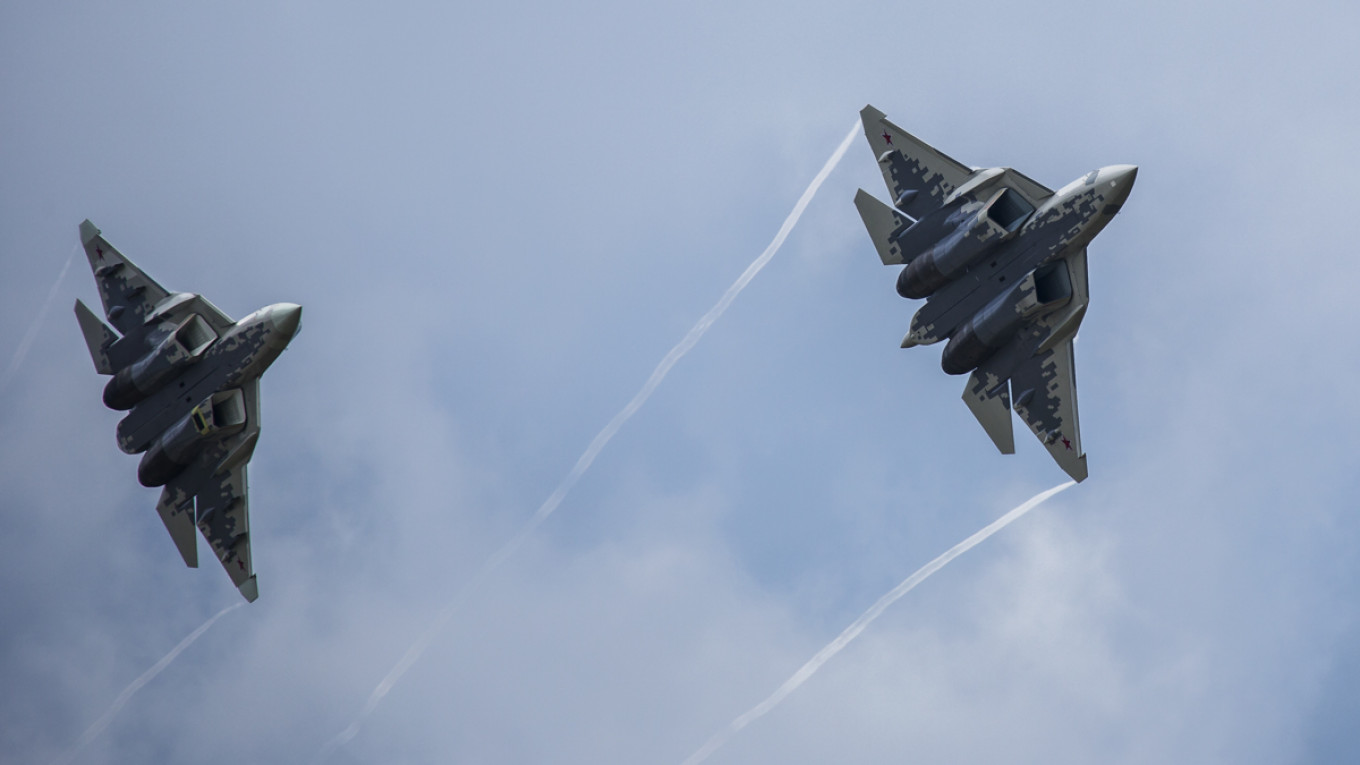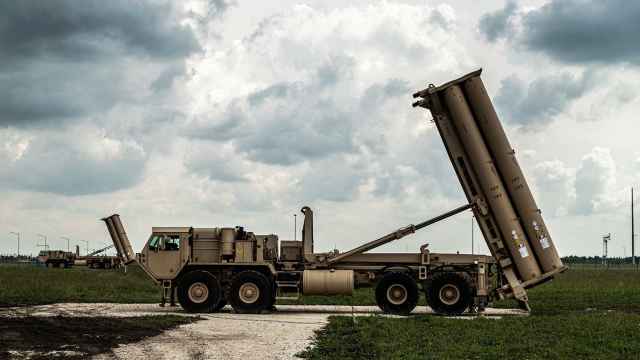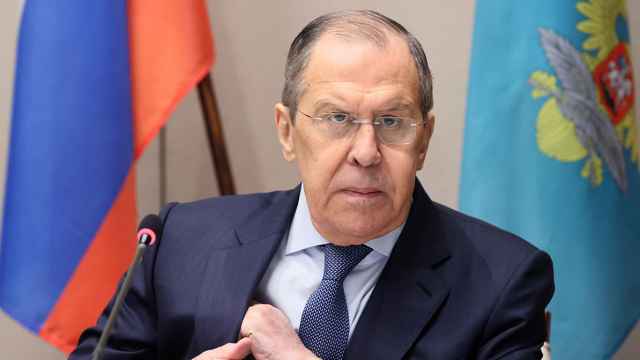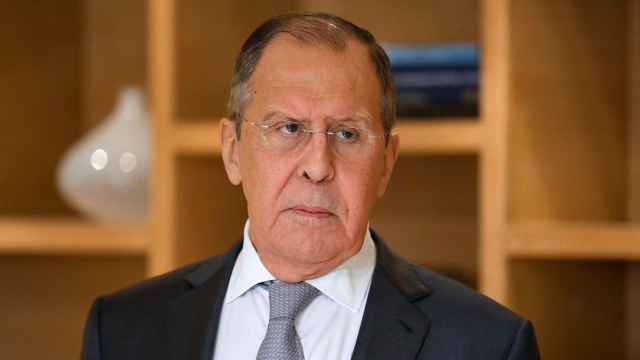Russia has not buzzed U.S. aircraft and ships in Europe and the Mediterranean in the past three months, the Military.com news website quoted a top U.S. commander in Europe as saying Tuesday.
Russian and NATO aircraft have conducted thousands of intercepts over international waters in the past four years, Gen. Tod Wolters said in June. Dangerous incidents have decreased in frequency during that period, Wolters, who became the head of U.S. European Command and NATO’s supreme allied commander this spring, had said at the time.
“We have had zero unprofessional incidents at sea and zero unprofessional incidents in the sky” with Russian jets in 90 days, Wolters told reporters, according to Military.com.
Russian and NATO warplanes have had fewer close calls because of “deconfliction dialogue” with Chief of the General Staff of the Armed Forces Gen. Valery Gerasimov, Wolters was quoted as saying. Gerasimov had his first face-to-face with the newly appointed Wolters in July.
“He was concerned about it; I was concerned about it,” Wolters reportedly said Tuesday.
"The safety deconfliction has improved," Wolters was quoted as saying. "That's because we're deterring better, that's because we're deconflicting better."
NATO members and Russia have reported numerous airspace violations by military aircraft in eastern Europe since 2014, when Moscow’s annexation of Crimea from Ukraine froze relations between the sides.
The United States has reported several Russian incursions this year, including in airspace near Alaska and Syria.
President Vladimir Putin criticized his own Defense Ministry in 2016 for a “high-risk” incident involving a Russian military plane flying close to a U.S. Navy ship in the Black Sea.
A Message from The Moscow Times:
Dear readers,
We are facing unprecedented challenges. Russia's Prosecutor General's Office has designated The Moscow Times as an "undesirable" organization, criminalizing our work and putting our staff at risk of prosecution. This follows our earlier unjust labeling as a "foreign agent."
These actions are direct attempts to silence independent journalism in Russia. The authorities claim our work "discredits the decisions of the Russian leadership." We see things differently: we strive to provide accurate, unbiased reporting on Russia.
We, the journalists of The Moscow Times, refuse to be silenced. But to continue our work, we need your help.
Your support, no matter how small, makes a world of difference. If you can, please support us monthly starting from just $2. It's quick to set up, and every contribution makes a significant impact.
By supporting The Moscow Times, you're defending open, independent journalism in the face of repression. Thank you for standing with us.
Remind me later.






